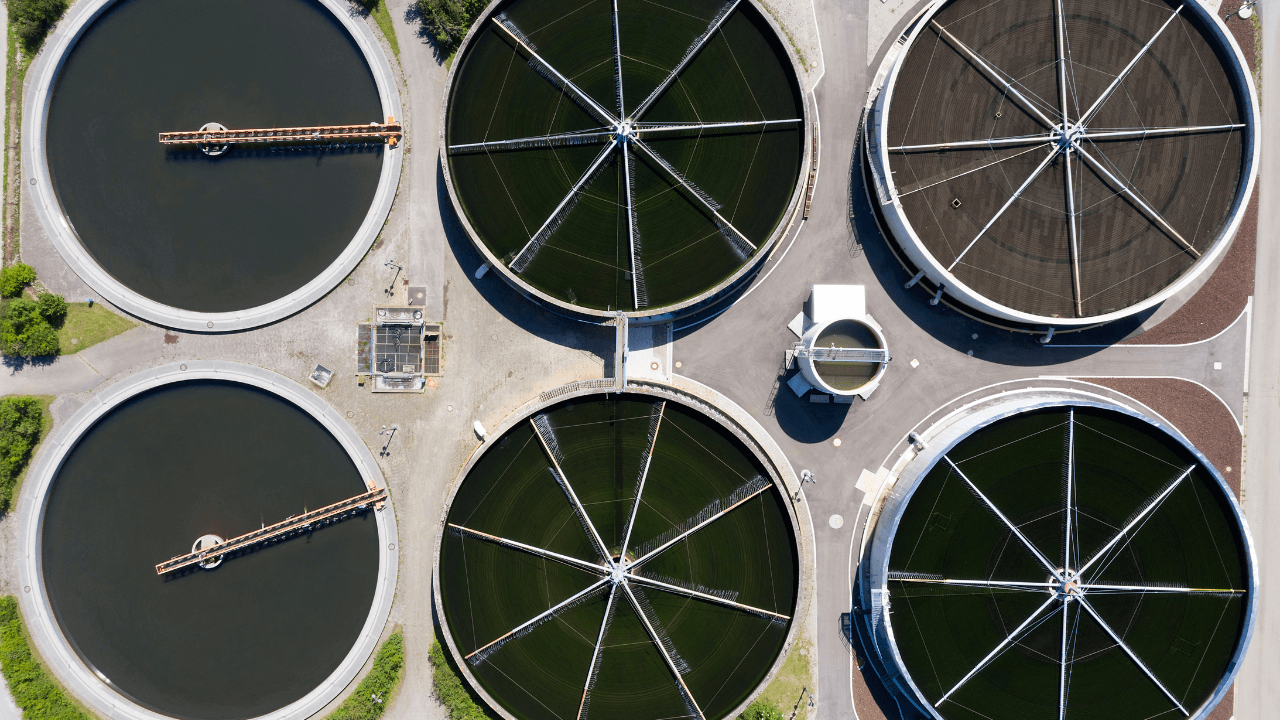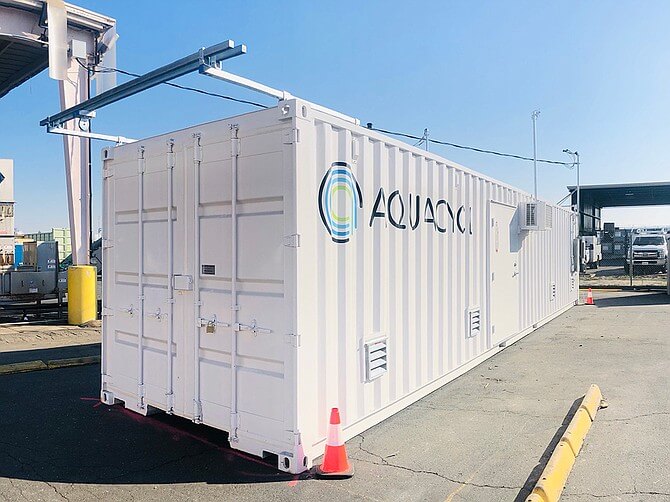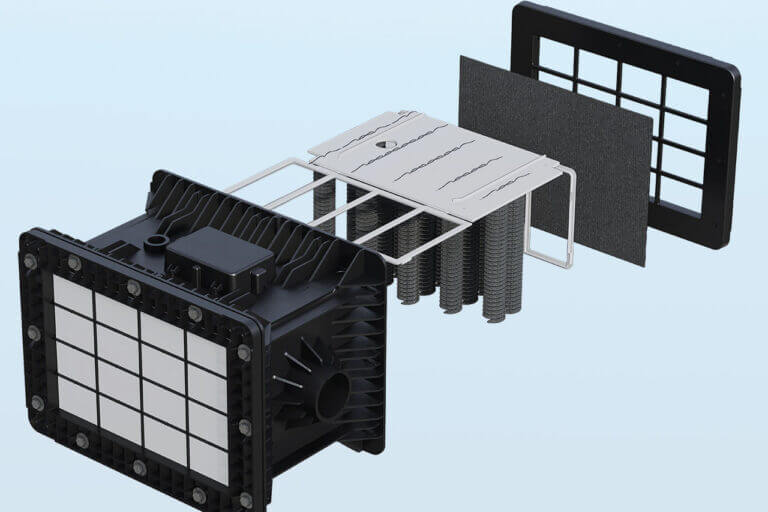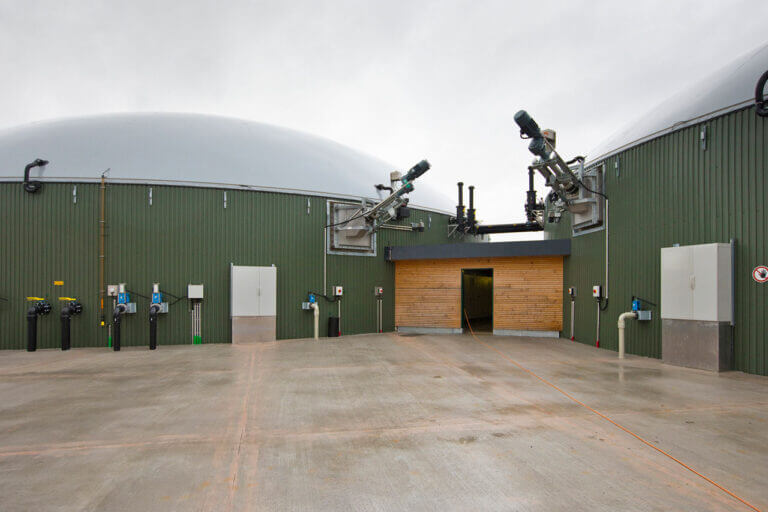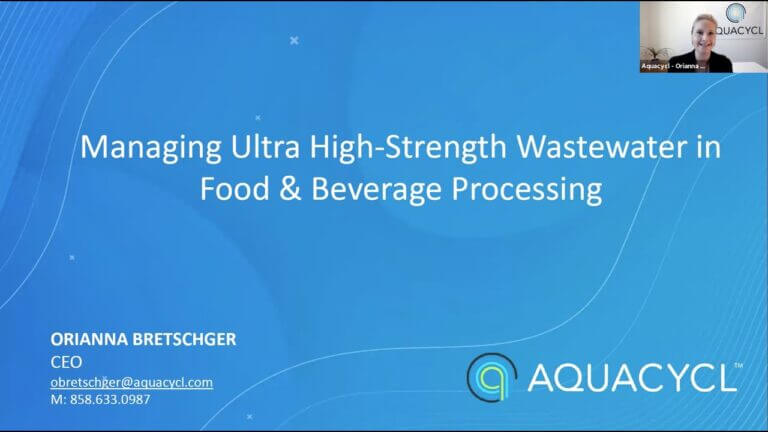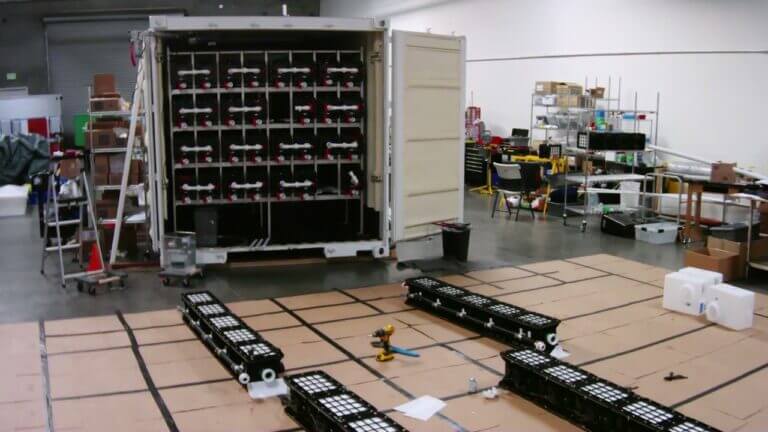And Why It Deserves More Attention
Wastewater. It’s present in all our daily lives, yet the most thinking we do around wastewater starts and stops at water running down a drain.
Despite its presence in every company, city, building, and home, wastewater remains largely overlooked in discussions of sustainability, climate action, and process improvements. Why is wastewater simply seen as the cost of doing business instead of something that can be improved upon?
We’ve long pondered this question at Aquacycl because to us, wastewater is more than just a necessity – it’s an opportunity. An opportunity to incorporate sustainable practices into business operations, to boost efficiency, and even to enhance the bottom line. It’s a valuable resource rather than a burdensome byproduct.
Let me ask you this: when was the last time you had a conversation about wastewater? When was the last time you ran a full audit on your wastewater management practices? When was the last time you made proactive changes to improve those practices?
If you’re like most, it’s probably been a while – if ever. And that’s not your fault – it’s an issue we’ve observed across industries and communities worldwide. Simply put, no one talks about wastewater.
It’s time to change that.
The Status Quo: Wastewater as an Afterthought
Wastewater is often an afterthought to most companies because, well, it’s always been that way. The systems we have in place, for the most part, meet regulatory compliance requirements. The perception is why fix something that isn’t broken. However, what are the true costs of maintaining the status quo? The answer is: much higher than you think.
Since the construction of collection systems and centralized wastewater treatment facilities, the methods of containing and treating wastewater have remained largely unchanged…that’s nearly 50 years of status quo in the U.S. and even longer in other parts of the world! However, when you take a closer look, it becomes evident that there are inherent issues with current practices.
For instance, many existing treatment methods are inadequate for handling industrial wastewater. This often leads to the need for dilution, which involves adding clean water to “dirty” water to lower its concentration, which isn’t helping to solve the global water crisis, nor is this practice particularly cost-effective. Additionally, conventional treatment methods often struggle to withstand the variabilities that are inherent to industrial facilities, posing significant challenges for businesses and municipalities alike.
Most industrial facilities we have talked to face the same issues with their wastewater – it’s costly, risky, difficult to manage, and it inhibits their growth potential.
So why hasn’t the approach been improved upon? It has. However, utilities and companies are often hesitant to make the switch from something reliable and tested (status quo) to something innovative, even though the benefits are clear – both in terms of sustainability, cost-savings, and process efficiency.
Change is hard. Especially change that can impact regulatory compliance. People and organizations are naturally reluctant to change as there is perceived risk in the unknown. But if we’re serious about sustainability and the triple bottom-line of people, planet, and profit, then we can’t afford to continue pushing wastewater aside.
Wastewater’s Hidden Impact
The major issue with not improving our current wastewater management practices is that wastewater has been a “silent emitter” for far too long.
It’s been long assumed that water and wastewater utilities account for 5% of global GHG emissions, 70% of it coming directly from wastewater treatment. Because of this, wastewater has often been pushed aside in GHG reduction efforts to make way for larger emitters.
Yet, a Princeton study published in 2023 showed that municipal wastewater treatment facilities emit nearly double the amount of methane than previously estimated by the IPCC. With methane being significantly more potent than carbon dioxide in contributing to climate change, this study is particularly alarming.
The study was conducted solely on municipal treatment plants. Industrial wastewater treatment facilities, with their higher concentrations of dissolved carbon, likely emit even larger quantities of GHGs. It would not be surprising if unaccounted methane emissions were more than triple the 2016 IPCC estimates if we studied total and actual emissions from global wastewater treatment, taking into account municipal, industrial and agricultural wastewater.
When trying to achieve 2030 climate goals, or even 2050 climate goals, wastewater must be brought into the conversation.
Why Aren’t We Talking About Wastewater?
So, all that to say, why aren’t we talking about wastewater more? Here’s my take.
First off, there’s the whole “if it isn’t broken, don’t fix it” mentality. Change is hard, especially when it involves overhauling existing systems and processes that are already complex and not well understood. This leads to no changes being considered until there is a major issue (compliance- or cost-based) with your current wastewater management methods.
Climate tech, including water tech, also has a major trust problem with global audiences. With so many contradicting opinions and studies, companies and communities are hesitant to invest in new solutions.
Moreover, reducing GHG emissions through methods, such as employing an electric vehicle fleet or installing solar panels, often takes precedence over changing wastewater treatment methods that have been in place for years. This is largely because of a lack of knowledge around the real emissions generated from wastewater treatment. Lack of knowledge directly correlates to a lack of conversation, education, and political and economic awareness around the linkage between water and climate.
Furthermore, electrification as a topic is cleaner, easier to economically value, and more comfortable to discuss. Water and wastewater are complex, holding values well beyond economic benefit and wastewater is an uncomfortable topic of discussion for industries and communities.
Perhaps the biggest barrier to discussing wastewater is the social stigma surrounding the word ‘wastewater’. Wastewater is immediately associated with sewage and there is an inherent “yuck” factor with the term wastewater that’s hard to get over. Sewage has unpleasant odors and mental images that are not exactly topics people are eager to discuss at a dinner party.
We’ve seen this firsthand with the rebranding of “toilet to tap” initiatives. Most recently in California’s initiative to turn sewage into drinking water, the push to forgo the phrase “toilet to tap” has been at the center of their efforts to improve public perception and remove the negative connotation of discussing wastewater and water reuse in general.
Adding to this stigma, wastewater treatment and management is daunting and often talked about in such complex terms, with very industry-specific jargon, that it turns people away instead of providing an avenue to join the conversation. The water industry has a long way to go to engage the public and change perceptions on how to utilize and manage water.
Changing the Narrative
It’s time to bring wastewater to the forefront and recognize it as a crucial resource in our efforts to build a more sustainable future. To do so, we must change the narrative around it.
Through highlighting its importance in the sustainability landscape and showcasing its potential for businesses and communities alike, wastewater may no longer be an afterthought.
We are doing just that at Aquacycl. We’re challenging the status quo and aiming to drive meaningful change in the water industry through not only our technology, but also education.
We’ve developed a technology that allows industrial companies to cost-effectively and sustainably treat their wastewater (more often discussed as ‘process water’) that mitigates perceived compliance risks, simplifies wastewater management, and helps them achieve their climate and water goals.
However, we understand that technology alone isn’t enough to change the narrative, that’s why we have worked to become a resource hub for wastewater as well. We build the conversation of wastewater through approachable resources that educate around its true impact and potential while offering tangible solutions that not only contribute towards sustainable practices but improves businesses’ triple bottom line.
Wastewater may not be the most glamorous topic, but it’s a crucial one. By shining a light on the hidden impacts of wastewater and embracing innovative solutions and embracing the conversation, we can pave the way towards a more sustainable future for generations to come. So let’s give wastewater the attention it deserves – after all, it’s time to stop flushing away this valuable resource.


